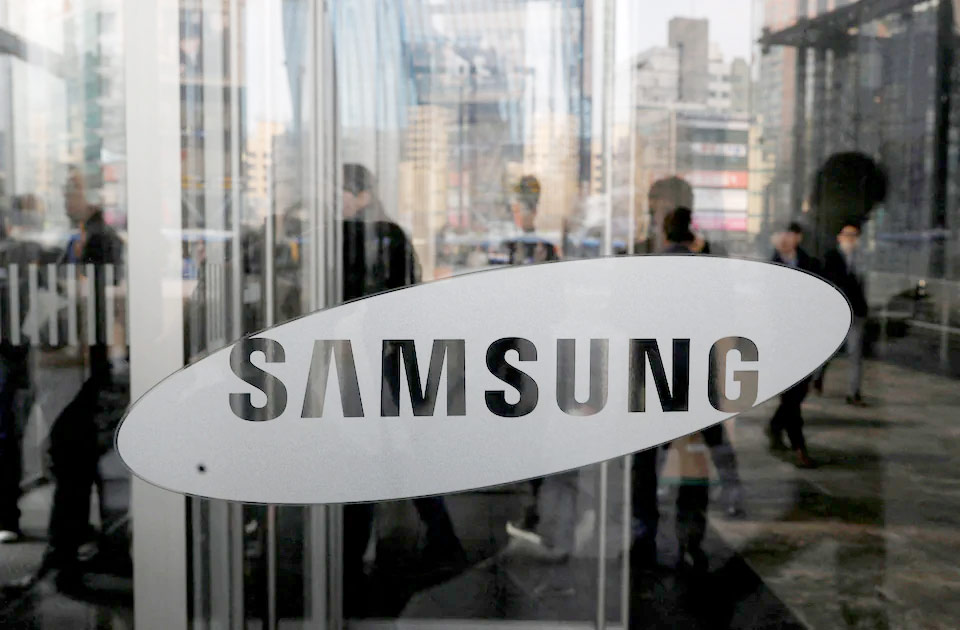IMF’s Gopinath goes bullish on India’s economic growth

Gita Gopinath (centre) speaks during the 54th annual meeting of the World Economic Forum in Davos, Switzerland. File/Reuters
The country has become the fifth-largest economy in the world, and is set to be among the top three global economic powers soon.
According to Gopinath, India’s growth did much better than expected during the last fiscal year (FY24) as private consumption growth recovered across sectors, especially in the rural economy.
From two-wheeler sales to fast-moving consumer goods (FMCGs), the overall consumption is surging. “With better monsoons come better harvests and agricultural incomes go up,” she was quoted as saying in media reports.
According to latest data by the Society of Indian Automobile Manufacturers (SIAM), the total production of passenger vehicles, three-wheelers, two-wheelers and quadricycle reached 24,37,138 units in July. Two-wheeler segment posted a decent growth of 12.5 per cent in July compared to the same month last year.
On the other hand, the FMCG market in India remains resilient despite challenges. According to marketing research firm Kantar Worldpanel, the FMCG sector is expected to register 6.1 per cent yearly growth in FY 2024-25 in the rural market, which was 4.4 per cent last year. According to the report, volumes in rural market could equal those in the urban market, which is higher at present. The rural FMCG market is more valuable to the industry than before and is generating almost half the volume and value for the sector.
Gopinath also mentioned that the country needs to create millions of additional jobs in the next 5-6 years.
The IMF has raised its economic growth forecast for the country for FY25 to 7 per cent from 6.8 per cent projected in April. According to RBI Governor Shaktikanta Das, if the average growth India recorded over the three years is seen, the average comes to 8.3 per cent. In the current year, they have given a projection of 7.2 per cent growth.
Separately, India’s trade deficit widened in July, hurt by weak exports, government data showed on Wednesday, amid renewed doubts about the resilience of the global economy.
The merchandise trade deficit was $23.5 billion in July, higher than economists’ expectation of $21.35 billion, according to a Reuters poll. In June, the trade deficit was $20.98 billion.
India’s merchandise exports were $33.98 billion in July, while imports were $57.48 billion, the data showed.
In June, merchandise exports were $35.20 billion, while imports were $56.18 billion. “Second consecutive month of decline in goods exports suggests global demand is still sluggish. Nine-month high goods trade deficit is not a good sign for the economy and currency,” said Devendra Pant, an economist at India Ratings and Research.
Fears of a recession in United States after weak jobs data shook investor confidence earlier this month, leading to a global sell off and highlighting the fragile nature of recovery in the world economy.
Startups raise over $395m: Riding on overall economic growth, Indian startups raised more than $395 million in at least 20 deals this week, a massive about 350 per cent jump from $113 million secured last week in 22 deals.
Hospitality and travel-tech company Oyo led the funding ecosystem with raising Rs 1,457 crore (nearly $175 million) in a Series G round from investors like InCred Wealth, Patient Capital, J&A Partners, the family office of Mankind Pharma promoters and ASK Financial Holdings, among others.
Neo, a wealth and asset management firm, secure Rs 400 crore (about $48 million) in Series B round led by MUFG Bank and New York-based Euclidean Capital LLC.
EV firm Ather Energy reportedly secured $71 million led by the National Investment and Infrastructure Fund (NIIF), taking its valuation to $1.3 billion and making it a new unicorn. With this, the company managed to raise over $125 million in the last three months.
Fintech startup Innoviti raised Rs 70 crore ($8.5 million) in a combination of equity and debt, led by Random Walk Solutions, with participation from existing investors Bessemer Venture Partners USA, Patni Family Office India and Alumni Ventures.
In the month of July, Indian startups raised $1.03 billion as the government abolished angel tax in the Union Budget 2024-25 which was levied on foreign investors.
As per reports, Indian startups raised $1.03 billion via 126 deals. Out of these, 28 were growth or late-stage deals worth $725 million, whereas 72 were in the initial-stage deals worth $311 million.
Indian startups raised $1.93 billion in funding in June.
Government-recognised startups have generated more than 15.5 lakh direct jobs to date. The Department for Promotion of Industry and Internal Trade (DPIIT) has recognised 1,40,803 entities as startups (as of June 30).
More than 55 regulatory reforms have been undertaken by the government since 2016 to enhance ease of doing business, ease of raising capital and reduce compliance burden for the startup ecosystem.
Agencies







